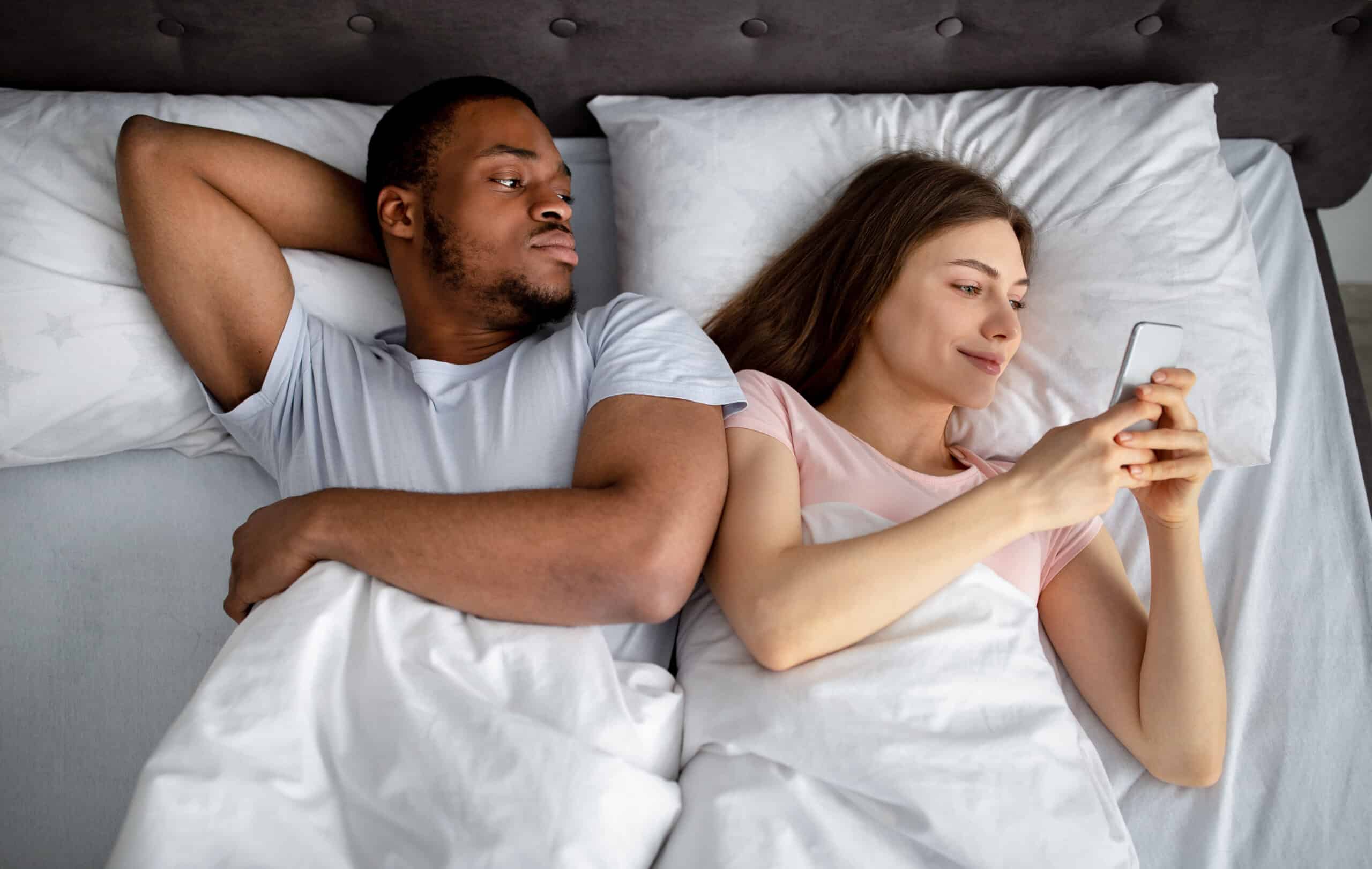You might not have heard the term before, but everyone has been “phubbed” at some point in their lives.
The term “phubbing” dates all the way back to 2012. It resulted from a contest run by the Macquarie Dictionary out of Australia. The dictionary publishers had noticed a recent negative trend overtaking society. So, they tasked the country’s leading language experts to create an entirely new term for this phenomenon.
The winning entry in this contest was – Phubbing.
So What Is Phubbing Exactly?
Phone + Snubbing = Phubbing…you’ve been snubbed by someone else in favor of their phone, ouch!
You’ve been phubbed if you’ve been around another person who owns a cellphone in the past decade. As much as you’d hate to admit it, you’ve also probably phubbed someone back at times. Sometimes, when you’re out at a restaurant or in public, you can even see someone phubbing someone and being phubbed simultaneously.
Phubbing has really gotten out of hand in recent years. One study found that 17% of people phub someone at least four times daily. That might sound like a low percentage, but that’s people that phubbed four interactions during a single day. 32% of people surveyed said they were phubbed 2-3 times every single day! The numbers of people on both ends of phubbing that had it happen at least once were near 100%!
A Negative Spiral For Relationships
Phubbing might sound kind of silly, but its negative impact on relationships is serious. When viewed objectively, it’s easy to imagine ignoring your partner could be harmful and damaging to a successful relationship. But as the phenomenon has grown over the years, many professionals have extensively looked at Phubbing and its effects. And it’s possibly more damaging than we could imagine.
Phubbing has been shown to cause:
A Loneliness Loop
A study found that phubbing creates a self-perpetuating loop of loneliness in relationships when left unchecked. When one person spends too much time on their phone, the other partner will feel lonely and left out. So, they will turn to their phones, making it likely they’ll phub the other person as well. Over time, both people in the relationship grow more and more distant from one another.
Increased Feelings of Jealousy and a Loss of Trust
According to a review of everything written on the topic of phubbing, those who are on the receiving end of phubbing feel less happy with their social interactions, trust their partners less, and notice a spike in jealousy!
Decreased Feelings of Connection
A different study found that simply having a cell phone out and visible during a social interaction made the other person feel less connected and unhappy in the conversation – even if the other person wasn’t using the phone.
Another study found that phubbing threatens many of our “fundamental relationship needs,” like our needs for:
- Belonging
- Control
- Meaningful interactions
- Self-esteem
What’s Causing Phubbing?
The specific causes of phubbing are harder to pin down since no two people are exactly the same or have the same motivations. But a couple of overarching concepts tend to contribute to the phenomenon.
Cell Phone Addiction
We’re all getting more and more addicted to our cell phones. Some are so addicted that merely withholding their phones from them causes mild anxiety that leads to decreased productivity. They literally stop functioning without their phones. Another study found that the urge to check social media surpasses many people’s desire for sex!
FoMO
Fear of missing out, or FoMO, is another possible reason more people are phubbing. When we’re worried about missing out on the next big thing, we prioritize our phones over interactions with those around us.
Tips to Help You Stop Phubbing
Phubbing is a recent phenomenon. This means it’s something we learned during our lifetime. This is good news; it means we can also unlearn the behavior!
Make it a Game
Ask your partner for a phone-free challenge where the first person to break and check their phone loses. Apply something fun but meaningful for the stakes. That way, both will be motivated to win and try their hardest to resist the temptation of the phone.
Set Dinner Time as a Phone-Free
Dinner time with the family used to be a time-honored tradition. Now, everyone sits in front of screens, gobbling their food quickly so they can return to whatever they were doing before dinner interrupted them. Making meal time a phone-free time is a simple way to get everyone talking to each other again.
Enjoy Your Hobbies
Similar to dinner time, set your hobby/activity time as phone-free times. We all have things we like doing – going to the gym, fishing, knitting, regular meetups with friends, etc. Make a conscious effort to be present and attentive during whatever it is you do throughout the day.
Start Being Present
Please don’t feel judged. We’ve all given into the allure of the cell phone at one time or another. The apps are designed to push all our dopamine receptors into overdrive, and our primitive brains can barely handle it.
But our partners deserve our presence and our best self. We chose this person from everyone else in the world to spend our time with. So, let the notifications wait a few extra minutes, and really listen to your partner. Set quality time to be together and really talk again like you did in the beginning days of your relationship.
If you’re struggling with phone addiction or feel like your partner has an unhealthy relationship with their phone, please reach out to find a trained relationship or couples counselor today. They will help you address the issues healthily and productively.
Feel free to connect with me to learn more!

